AI is coming whether we like it or not. Or so we’re being told over and over. This year, we’re seeing layoffs at major publications like Insider, CNET and Buzzfeed that have been attributed to replacing the workforce with chatbots like ChatGPT. The writers’ strike has drawn attention to the intentions of studios to use AI instead of writers at different phases of their process. We are also already seeing publishing houses designing covers with AI-generated art (and receiving backlash for it). Then, of course, there was the immediate explosion of AI-produced books flooding in via self-publishing.
But what does all of this mean for readers? It’s becoming apparent what it means to writers, but there are big questions content consumers must consider.
Will I read AI-created books?
How will I know if a book was written by AI?
What sort of demands as a consumer will I have for publishers?
Will something be lost with AI-produced books? Or will there just be that much more material to read?
As we enter a new era of reading, it’s important that we consider the task at hand carefully. The role you will play as a reader is of vital importance in shaping the future of books. In fact, it could be solely up to readers to preserve human-made art.
What is wrong with AI-produced books?
Perhaps the first question readers have to ask themselves is: Do I have a problem with AI-created content? Initially, the answer for some may be no. For readers this can simply mean more books in a genre you love, possibly tailored to your exact preferences as the technology matures.
Addicted as we all are to that feeling that comes from reading a truly great book, it’s not hard to see the appeal of that from a purely consumer standpoint.
However, we all have to dig into the ethics of what this might mean. Certainly it will mean writers out of work, but will something even deeper be lost?
Human voice, original thought, lived experience, deep emotion… these are the things that make an extraordinary book. AI doesn’t have that. It can only mimic it. Furthermore, the way in which it mimics human experience is by, essentially, stealing from existing work. Everything that has ever been on the Internet, everything that has ever been written, how we rate and review work, all of this can be used by AI to create content, but none of it is original.
While there will certainly be legal battles over copyright, readers can decide early on whether they want to fuel AI content or pump its breaks.
Should it come with a label?
Another question that only readers can answer is this: Should AI-created content come with a label? In the same way that food is labeled, or adult materials, we may find as readers that we want that level of transparency with our books.
Demand in the market for such a label could not only protect creatives, but it could also protect buyers. There is a deep concern among readers that books created by AI will lack the je ne sais quoi we’ve come to expect from publishing. As was noted by the CEO of Penguin Random House during the attempted Simon & Schuster acquisition trials, “everything in publishing is random.” Perhaps if I dare to restate this a little more optimistically: there is an undefinable magic that exists in the creation of great books. A magic readers feel pretty convinced can’t be replicated by tech.
So, why shouldn’t a tech-produced book have to state that, in case we aren’t interested in what they’re selling?
She Reads Reader Poll Results
In considering the subject of AI-produced books, we thought we’d go to the experts. You all. Now perhaps this would create a fair amount of biased as book lovers tend to equally love the authors who create the work, however, the response was overwhelmingly against AI-created work.
We polled our followers on Instagram to ask a few questions.
Would you buy a book written by AI?
- Yes (2 votes) 2%
- No (131 votes) 98%
Should books written by AI be labeled?
- Yes (144 votes) 96%
- No (6 votes) 4%
Are you currently reading material written by AI?
- Yes (2 votes) 1%
- No (135 votes) 99%
Though it seems almost no one has read AI-created books, there also appears to be no appetite for it.
Then we left it open ended and asked readers a couple of questions, and got the following responses.
How do you think AI will change reading?
“It will lack feeling & emotion and will be repetitive of what had already been created.”
“It may try to change publishing, but readers want the author connection too.”
“It’s going to destroy all creative industry.”
“I think it will push writers to out think AI and I’m interested to see what will happen.”
If you WOULD NOT read books written by AI, what is the reason?
“Repetition that lacks creativity.”
“I enjoy supporting artists – those that create with words, mediums and acting.”
“Support real life authors.”
“AI relies on the work of unconsenting authors to be trained. It’s a form of plagiarism.”
“The lack of human experience and heart.”
“They can’t even get the correct amount of fingers on AI photos of people.”
“I think the creative process is being subverted.”
“Skeptical about AI crafting a narrative with personality. Artistry begins with humanity!”
Our audience appears to be pretty staunch opponents of AI-generated books. Listing everything from plagiarism to an irreplaceable need for humanity and heart to be involved in the process.
Areas Where AI Could Have a Positive Impact on Reading
Book Recommendations
Though I would argue that AI will still pale in comparison to the fun of speaking to a librarian, watching #BookTok or joining a book club, there could be some advances made in book recommendations. A system that can incorporate social media buzz, book reviews and have a full understanding of every books’ contents could be an exciting front that would connect more readers with the perfect pick. Older books that aren’t currently trending could resurface and have new life breathed into them. Hopefully, in so doing, real writers would find real readers in the way we all wish could happen organically.
Finding a Forgotten Book
While listening “Book Riot – The Podcast”, Jeff and Rebecca discussed how AI could perhaps one day help us connect the dots on a forgotten book. If you could input the color of a cover, a name of a main character and basic plot points and have suggestions returned, this could be an amazing tool that far exceeds our current search engines.
Translation
Translation is an expensive and slow process that keeps books from reaching a wider audience. While I don’t wish for translators to be removed from the process, it is an interesting prospect when it comes to reaching an international audience, especially for self-published authors.
As with most things, we’ll see good and bad come from this new era of publishing. However, readers have more power than they know to shape the future of reading. It has never been more important to support authors you love and preserve human-made art. It was once forecasted that self-publishing would destroy literature. We now know definitively that that did not happen. The same will likely be true of AI. It won’t put an end to art produced by humans, it may derail it temporarily and change the landscape indefinitely, but as long as readers treasure books and the people who make them, there will always be a job for authors.

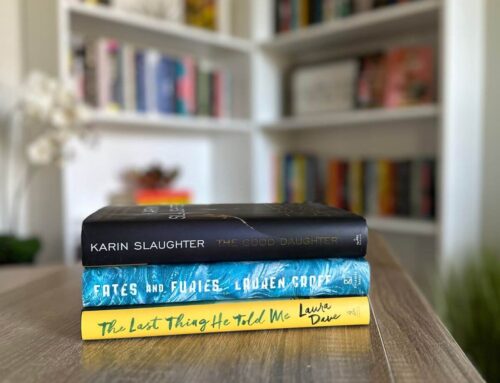
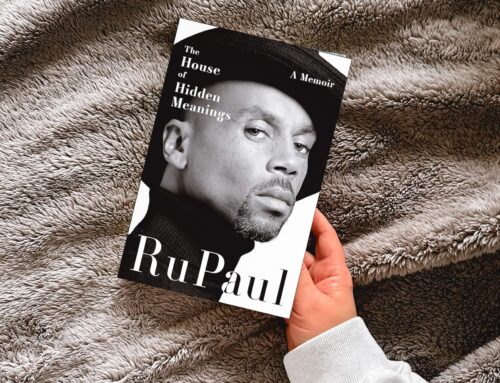
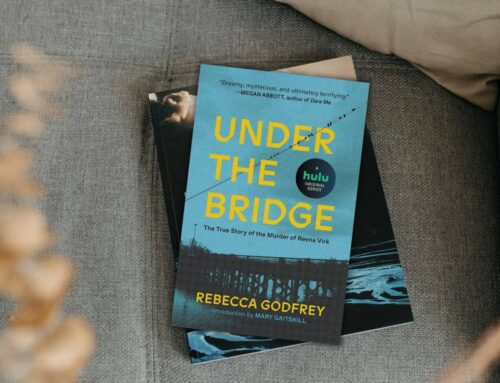
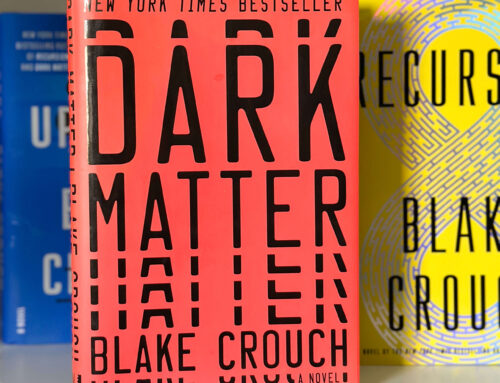
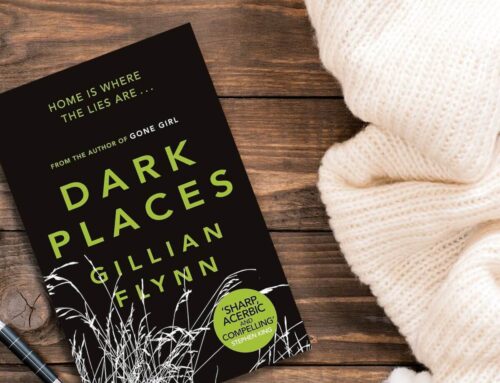
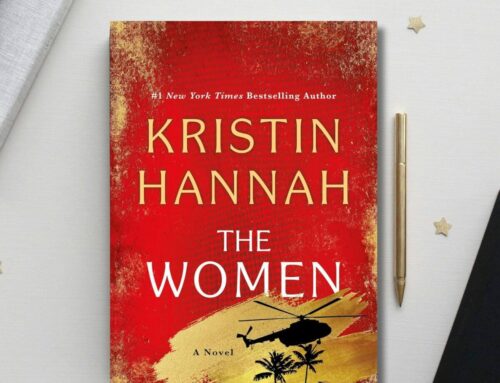
Leave A Comment